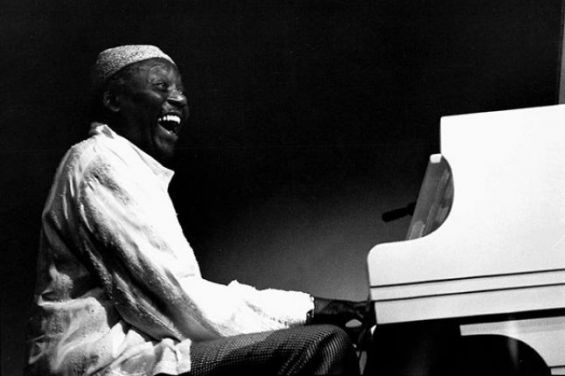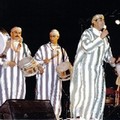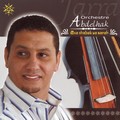He loved Jazz and believed in its African roots to the point that he left Brooklyn for Morocco. American pianist and composer Randy Weston passed away on Saturday, 1st of September, leaving behind musical pieces that linked the States to the North African Kingdom.
Born in New York to an African-American restaurateur and a Virginia-native mother, Weston was fascinated by Jazz that he created his own African version of it, mixing it with the Gnawa music while in Morocco.
A State Department tour to Africa
The artist’s story with the country began in the 60s when he toured Africa in a trip sponsored by the American government.
Interviewed in May 1972 by «Black Enterprise» (86 pages, Vol. 2, No. 10), a New York-based magazine, Weston said that he «first visited Morocco in April, 1967, at the end of a three-month, fourteen-country State Department tour to West and North Africa with [his] sextet».
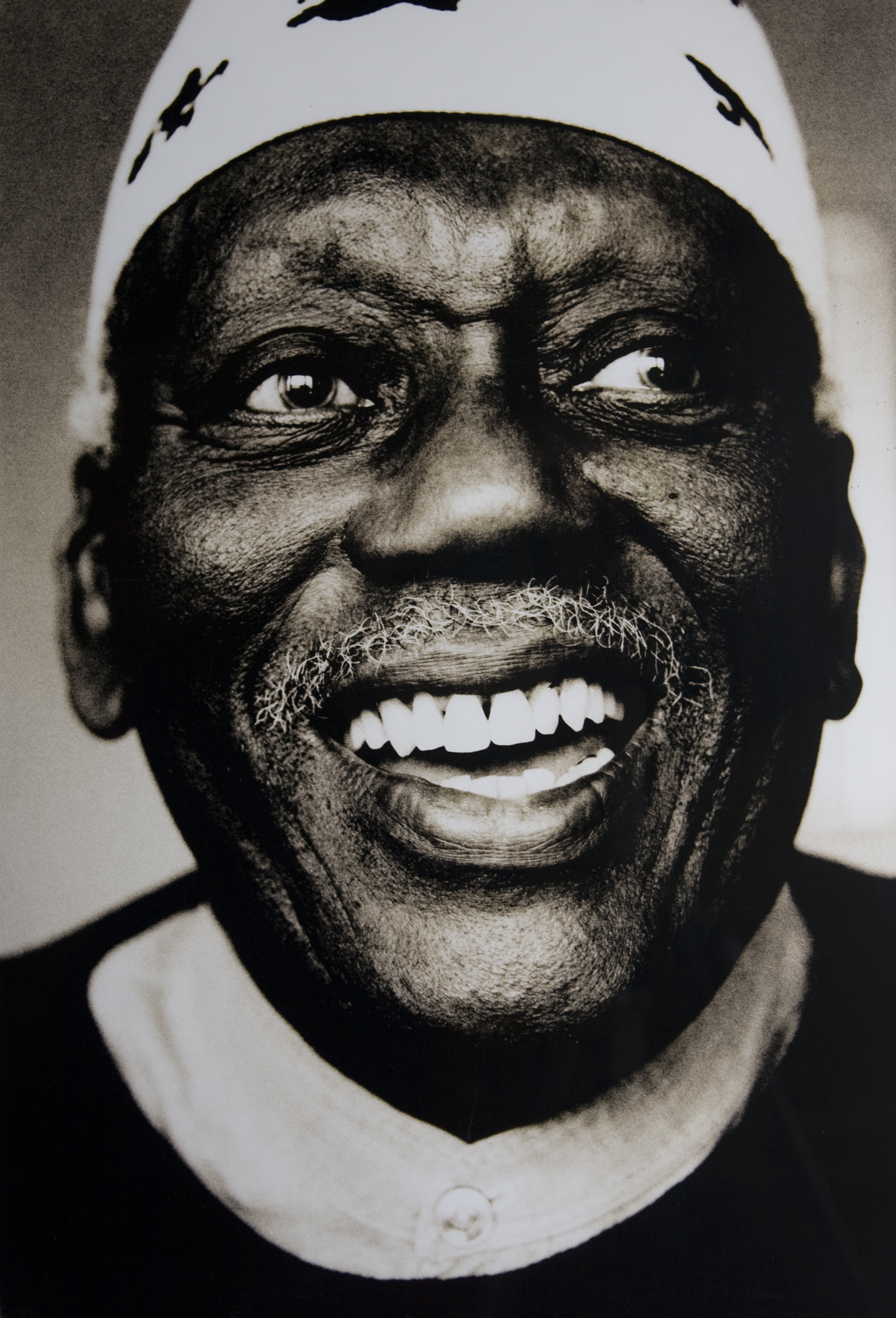
The tour, which was launched to help African American musicians foster musical and cultural exchanges, was too enjoyable for Weston that he decided to stay. «We were enormously stimulated by the diversity and richness of Africa and her people … But we found the energy to play for those beautiful Moroccans and their response was overwhelming», he told the American magazine.
Famous in Morocco
After his Africa tour, Weston returned to Brooklyn but his popularity grew fast in Morocco that he had to settle down in the country. According to «Traveling Spirit Masters: Moroccan Gnawa Trance and Music in the Global Marketplace» (Wesleyan University Press, Oct 26, 2007), a book by New York Univesity professor Deborah Kapchan, who had the chance to meet the pianist, Weston returned to Morocco because of the «response of the audience».
«The Moroccans so loved Weston’s playing that when he returned to the States, he immediately received an invitation to return to Morocco», she recalled.
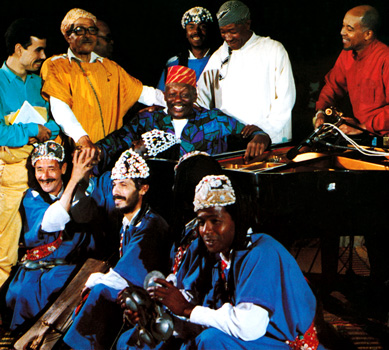
Randy Weston acknowledged that in his interview too, stating that «Moroccans kept urging [them] to return, and later in 1967 [he] went back to do a trio tour of Tunisia and Morocco».
«I decided to stay attracted by the warmth and hospitality of the Moroccans, the beauty of the country, the interesting folk music I was hearing all around me, and the feeling I had of the real possibility of planting the seed of African-American musical exchange there, in the African soil».
Indeed, the Jazz giant lived in Rabat and then Tangier for five years, said the New York Times in a recent article.
Away from the capital, Randy Weston unleashed his talents and embraced the local music, collaborating with Gnawa masters.
The African Rhythms private club in Tangier
In Tangier Weston founded a private club he called African Rhythms. «With the help of my Moroccan partner Abdeslam Akaaboune, and many other people from Morocco and from other parts of Africa, Europe, the Caribbean and the United States, I’ve opened a club- African Rhythms- in Tangier», Weston told Black Entreprise.
In his club, he and his son Azzedin used to perform every night from April through September. Describing, Weston’s African Rhythms, the Rolling Stones wrote that it was «an opultent upstairs den, above the Mauritania cinema and across the Avenue Prince Heriter».
«Weston’s club is dark and smoky, many of its habitués all but invisible … to reach it you climb a winding orange staircase decorated with indistinct black faces into abstract tribal designs».
The club operated from 11 p.m. till the hours before dawn, receiving the city’s expatriates in love with Weston’s music. «The floor will be filled with couples dancing to the latest James Brown records or cleared with Weston’s patented brand of jazz, which owes as much to the rhythms of Moroccan folklore», wrote the Rolling Stones.
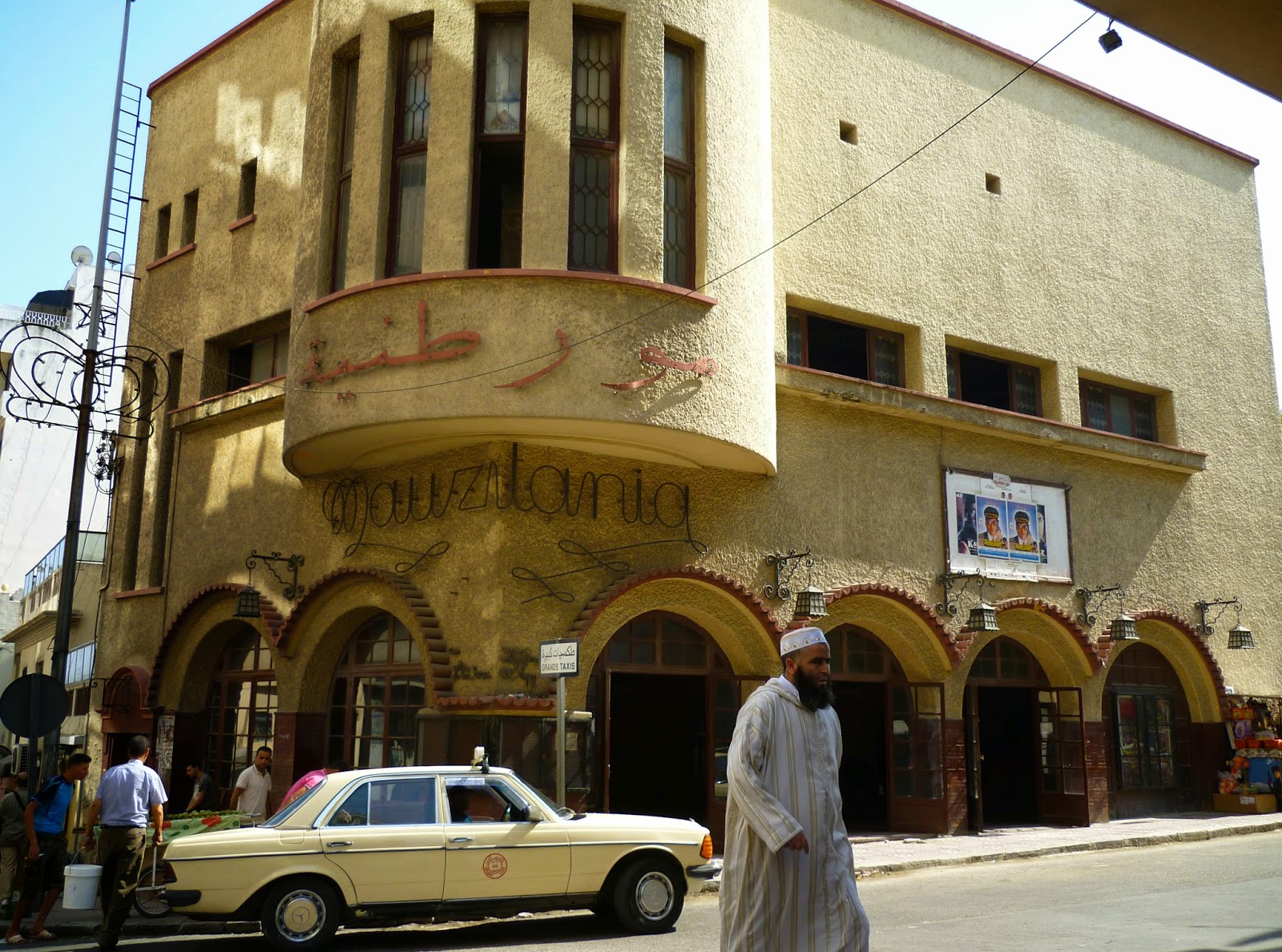 Near the African Rhythms club in Tangier owned by Randy Weston./Ph. DR
Near the African Rhythms club in Tangier owned by Randy Weston./Ph. DR
The club also served as a platform for Gnawa Derdeba Lila, and local masters who came to perform with their band with Weston’s mesmerizing piano solos. The location was so famous that it laid the founding stones of the first Tangier Jazz Festival.
By the mid-seventies, Weston left Tangier for Brooklyn but he returned yearly to play for the Tangier Jazz Festival and to perform in other cities, reported Deborah Kapchan.
In 1973, and thanks to his stay in Morocco he earned Grammy nominations for his album «Tanjah» for best jazz performance by a big band. According to New York Times, in 1995 he received the same recognition for «The Splendid Master Gnawa Musicians of Morocco» as the best world music album category. The album featured 11 Moroccan Gnawa masters, he met in the Kingdom.
In May, 2011, Randy Weston was decorated by King Mohammed VI. The Wissam was granted to him during the 4th edition of the «World Nomads Morocco» festival in New York.
The artist, 92, known as America's African Musical Ambassador left this world on Saturday in his Brooklyn house, as confirmed by his lawyer Gail Boyd.





 chargement...
chargement...




